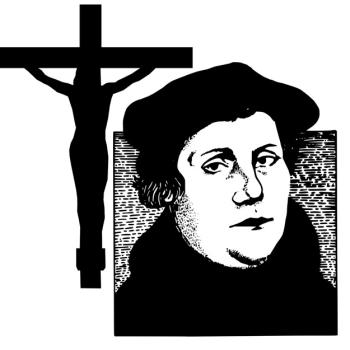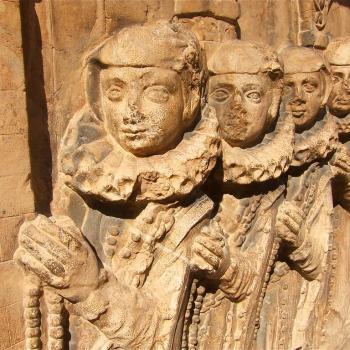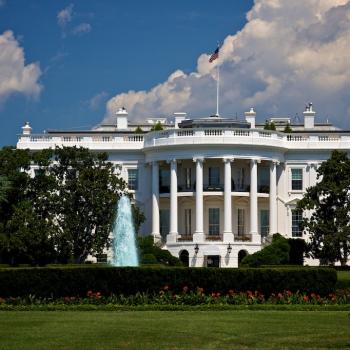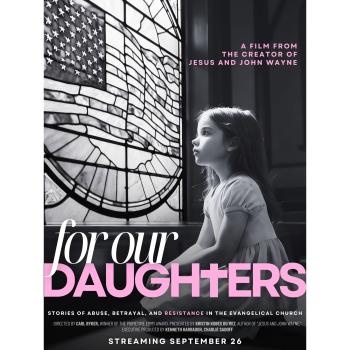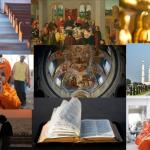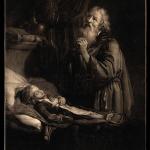I’ve just returned from a conference at Georgetown University exploring the legacy of the Second Vatican Council (1963-65). 2015 marks the 50th anniversary of this epochal Council’s closing. The conference was quite large and the organizers were perhaps only half joking when they said organizing the conference felt a bit more like re-convening the original Council, which brought over 2000 bishops to Rome from all over the world.
At the conference, I heard cardinals and bishops speak from France, Germany, the Philippines, Africa, and elsewhere, in addition to hearing from many scholars and making my own small contribution.
Much could be said about Vatican II, but for evangelicals perhaps one of its biggest legacies is moderating the stark dichotomy between Tradition and Scripture that resulted from the Council of Trent after the Reformation. Instead of articulating a clear-cut “two source theory” of theological authority, the Council Fathers at Vatican II in the Constitution of Divine Revelation (Dei Verbum) spoke of the two making a “single sacred deposit.” What is more, the teaching authority of the Church, or the Magisterium, in no way stands above or against the Word of God, but can only be understood as its “servant.” To be sure, the language will not please all Protestant ears and serious differences remain. Still, I am struck by the efforts of Dei Verbum to moderate Trent’s “two source theory.” Below are some of the key passages from Dei Verbum. I would be curious to hear readers’ reactions.
From Dei Verbum:
9. Hence there exists a close connection and communication between sacred tradition and Sacred Scripture. For both of them, flowing from the same divine wellspring, in a certain way merge into a unity and tend toward the same end. For Sacred Scripture is the word of God inasmuch as it is consigned to writing under the inspiration of the divine Spirit, while sacred tradition takes the word of God entrusted by Christ the Lord and the Holy Spirit to the Apostles, and hands it on to their successors in its full purity, so that led by the light of the Spirit of truth, they may in proclaiming it preserve this word of God faithfully, explain it, and make it more widely known. Consequently it is not from Sacred Scripture alone that the Church draws her certainty about everything which has been revealed. Therefore both sacred tradition and Sacred Scripture are to be accepted and venerated with the same sense of loyalty and reverence.(6)
10. Sacred tradition and Sacred Scripture form one sacred deposit of the word of God, committed to the Church. Holding fast to this deposit the entire holy people united with their shepherds remain always steadfast in the teaching of the Apostles, in the common life, in the breaking of the bread and in prayers (see Acts 2, 42, Greek text), so that holding to, practicing and professing the heritage of the faith, it becomes on the part of the bishops and faithful a single common effort. (7)
But the task of authentically interpreting the word of God, whether written or handed on, (8) has been entrusted exclusively to the living teaching office of the Church, (9) whose authority is exercised in the name of Jesus Christ. This teaching office is not above the word of God, but serves it, teaching only what has been handed on, listening to it devoutly, guarding it scrupulously and explaining it faithfully in accord with a divine commission and with the help of the Holy Spirit, it draws from this one deposit of faith everything which it presents for belief as divinely revealed.
It is clear, therefore, that sacred tradition, Sacred Scripture and the teaching authority of the Church, in accord with God’s most wise design, are so linked and joined together that one cannot stand without the others, and that all together and each in its own way under the action of the one Holy Spirit contribute effectively to the salvation of souls.



